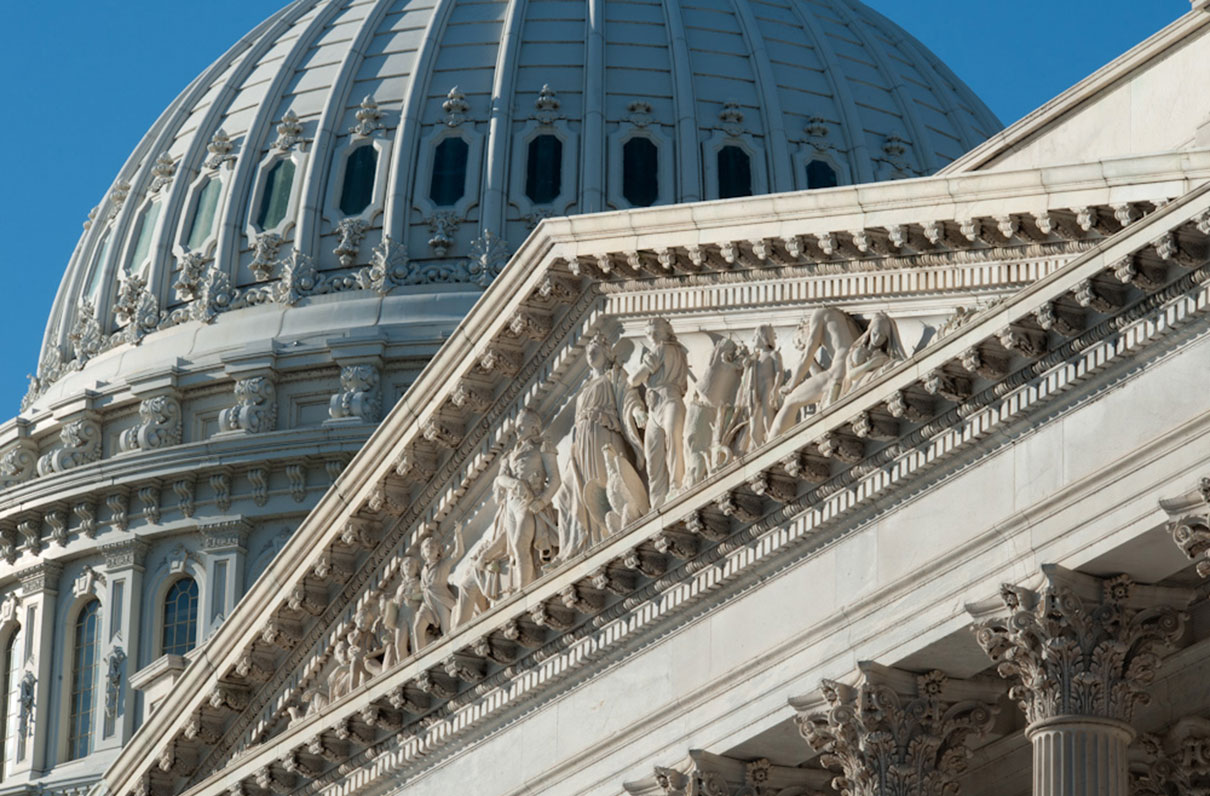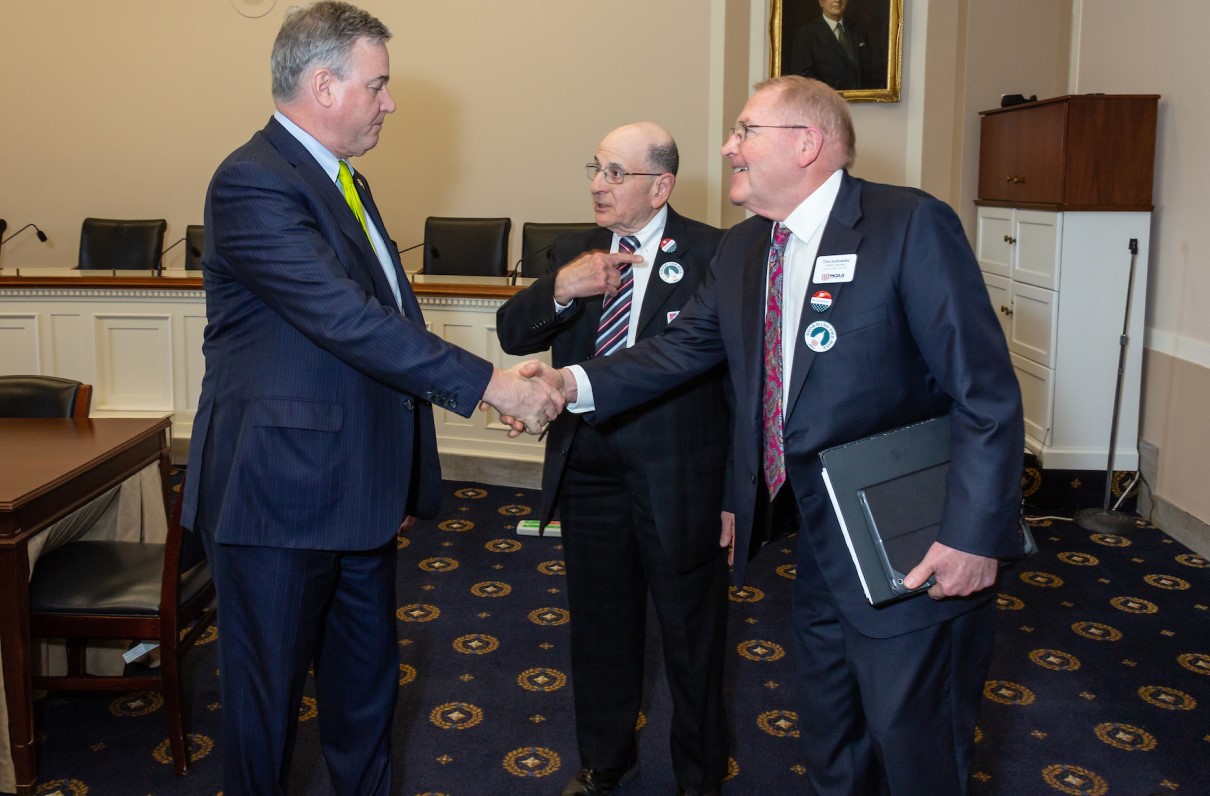In the wake of celebrating the birth of America’s independence, the fireworks over the federal budget continue with no sign of compromise on the part of lawmakers or the administration.
With fewer than 25 days left this fiscal year on the congressional calendar, the clock is ticking to get a discretionary funding approved for national defense, including other uniformed service components such as the Coast Guard, the U.S. Public Health Service (USPHS), and the National Oceanic and Atmospheric Administration (NOAA).
Remember, a little more than four months ago a partial government shutdown meant Coast Guard, NOAA, and some USPHS members were furloughed or forced to work without pay. What would become the longest government shutdown in history ended Jan. 25, after 35 days.
History tends to repeat itself, and the uniformed services, yet again, are caught in the middle of a funding war — one that’s holding up legislation to authorize funding, including the FY 2020 National Defense Authorization Act (NDAA). MOAA will be closely monitoring both the NDAA and appropriation bills to alert members and our readers to take action to make sure the government is funded and the NDAA gets passed before the end of this fiscal year.
[RELATED: MOAA’s Latest Call to Action on the NDAA]
The budget impasse is bumping up against a potential government default if the U.S. doesn’t raise its debt limit in September, along with raising spending caps mandated in the 2011 deficit-reduction bill. Since the Treasury increased buying capacity by reinstating the debt limit on March 2, the agency has struggled since employing ‘extraordinary measures’ to prevent default.
These additional budget pressures make an already difficult situation more untenable. Add in the fact Congress is on recess from early August until Sept. 9 and you have the makings of a perfect storm, bringing forth a great deal of uncertainty for federal agencies.
The House has moved out on 10 of the 12 spending bills in an effort to pressure the Senate to agree on topline funding and act on the appropriation bills. Disputes over immigration and border funding in the Homeland Security bill, which funds the Coast Guard, and cost-of-living increases for lawmakers in the legislative branch bill require these bills to be addressed separately once Congress returns from recess to prevent holding up other appropriation measures.
While House leadership has set a topline budget for discretionary spending, the Senate is split on both sides of the aisle, including disagreements between the majority and the administration over what that topline funding should look like and where cuts should take place.
What does this all mean? That there is a lot of work to do in a few short weeks.
Without a budget deal and passage of appropriations before the end of September, all the progress made with the NDAA will halt. Here are some of the possible scenarios:
- A bipartisan budget agreement (one- or two-year funding deal) is reached and debt and budget caps are addressed, moving the appropriations and authorizations bills forward through Congress and getting them signed into law.
- A partial or one-year continuing resolution for some or all federal agencies freezes funding at FY 2019 levels, hampering any defense or other agency modernization efforts or new programs.
- Another government shutdown – a scenario that’s become all too common.
One positive from these “backs against the wall”-type situations: They are often the very things needed to break the logjam and get government moving in the right direction.
Anything short of fully funding the government, including passage of the NDAA, places our nation at risk and breaks faith with those who stepped up to serve their country in all the uniformed services.




